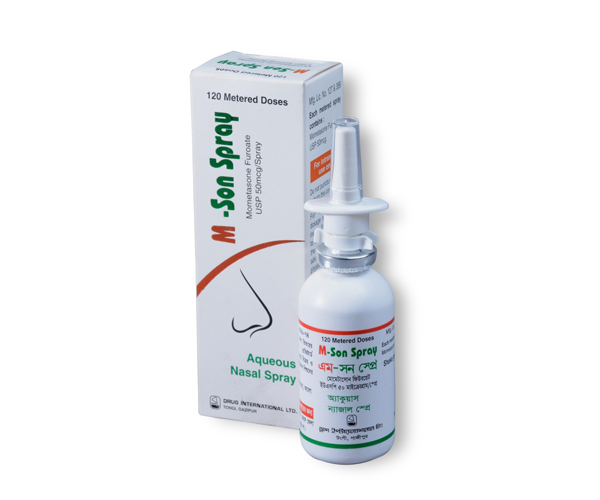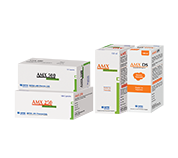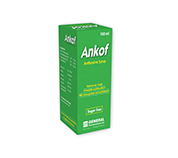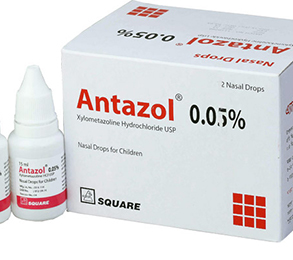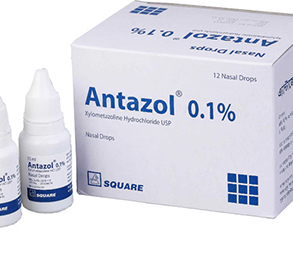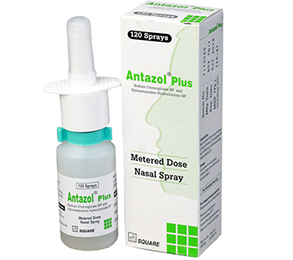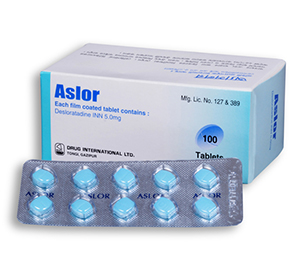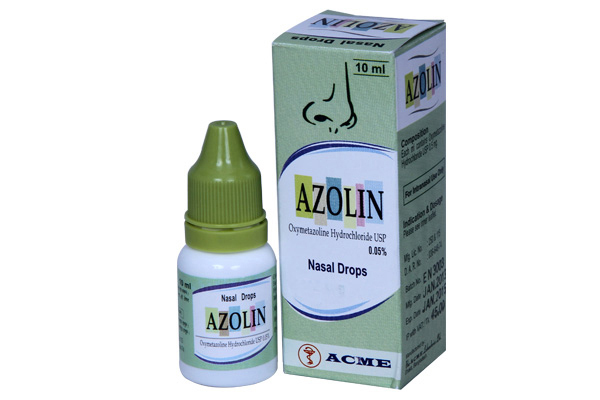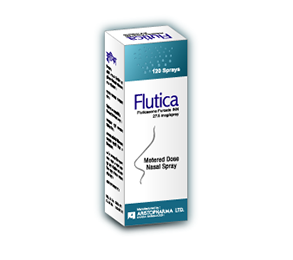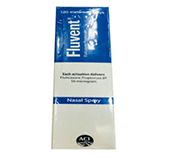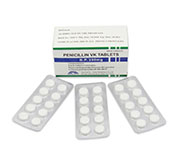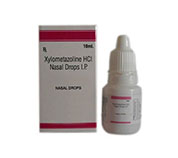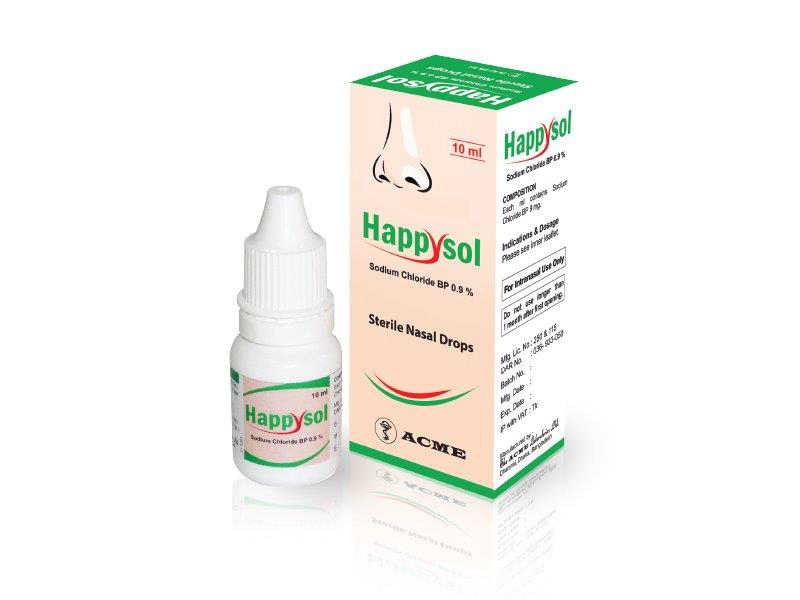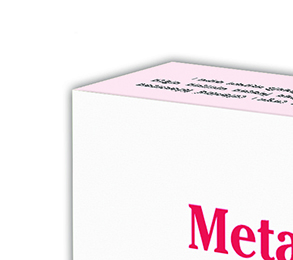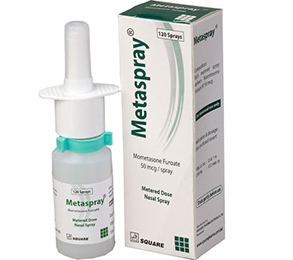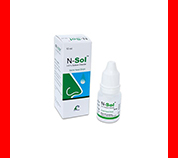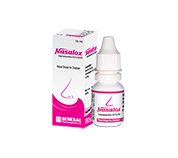M Son 1 Pc
Alternative products
Memantine Hydrochloride
Indications
Memantine is indicated for the treatment of all froms of dementia of the Alzheimer's type. Memantine may also be indicated in other types of dementia.
Pharmacology
Persistent activation of N-methyl-D-aspartate (NMDA) receptors in Central Nervous System by the excitatory amino acid glutamate has been hypothesized to contribute to the symptomatology of Alzheimer's disease. Memantine is postulated to exert its therapeutic effect through its action as a low to moderate affinity as an uncompetitive (open-channel) NMDA receptor antagonist which binds preferentially to the NMDA receptor-operated cation channels.
Dosage & Administration
The recommended maintenance dose of Memantine for adults and older patients is 20 mg every day. In order to lower the risk of side effects, the dose should be achieved by upward titration with 5 mg per week over 3 weeks, achieving the maintenance dose of 20 mg/day from the start of week 4 according to the following dosage guideline:
Week 1 (Everyday): Morning- 5 mg (1 tablet), Night- No dose
Week 2 (Everyday): Morning- 5 mg (1 tablet), Night- 5 mg (1 tablet)
Week 3 (Everyday): Morning- 10 mg (2 tablets), Night- 5 mg (1 tablet)
Week 4 and onwards (Everyday): Morning- 10 mg (2 tablets), Night- 10 mg (2 tablets)
Missed Dose: If any dose is missed, just wait and take the next dose at the usual time. Do not double the dose to compensate for the missed dose.
* চিকিৎসকের পরামর্শ মোতাবেক ঔষধ সেবন করুন'
Interaction
Amantadine, Anticholinergics, Anticonvulsives, Baclofen, Barbiturates, Cimetidine, Dantrolene, Dextromethorphan, Dopaminergic, Hydrochlorothiazide, Ketamine, Neuroleptics, Nicotine, Procainamide, Quinidine, Quinine, Ranitidine.
Contraindications
Memantine Hydrochloride is contraindicated in patients with known hypersensitivity to Memantine Hydrochloride or to any excipients used in the formulation.
Side Effects
Most frequent side effects (frequency of 2% or less) include hallucination, confusion, dizziness, headache and fatigue. Occasional side effects include anxiety, hypertonus (heightened muscle tension), vomiting, bladder infections and increased sexual drive. If there is a history of epileptic seizures, there is a slight chance that Memantine may increase the probability of an attack.
Pregnancy & Lactation
Pregnancy Category B. Yet there are no adequate and well controlled studies of Memantine in pregnant women. Memantine should be used during pregnancy only if the potential benefit justifies the potential risk to the fetus. It is not known whether Memantine is excreted in human breast milk. Because many drugs are excreted in human milk, caution should be exercised when Memantine is administered to a nursing mother.
Precautions & Warnings
Caregivers should be instructed in the recommended administration (twice per day for doses above 5 mg) and dose escalation (minimum interval of one week between dose increases). If the patients suffer from kidney dysfunction, the kidney function should be monitored at regular basis.
Neurological Conditions-
- Seizures: Memantine has not been systematically evaluated in patients with a seizure disorder. One clinical trial shows that seizures occurred in 0.2% of patients treated with Memantine and 0.5% of patients treated with placebo.
- Carcinogenesis, Mutagenesis and Impairment of Fertility: Study shows that no risk of carcinogenesis, mutagenesis and impairment of fertility are caused after Memantine use.
Use in Special Populations
In case of renal impairment: A target dose of 5 mg BID is recommended in patients with severe renal impairment (creatinine clearance: 5-29 ml/min).
In case of hepatic impairment: No dosage adjustment is needed in patients with mild or moderate hepatic impairment. Memantine should be administered with caution to patients with severe hepatic impairment.
Overdose Effects
Symptoms: Agitation, asthenia, bradycardia, vomiting, dizziness, vertigo, ECG changes, increased BP, visual hallucinations, confusion, lethargy, restlessness, slowed movement, somnolence, stupor, unsteady gait, weakness, loss of consciousness, psychosis, coma.
Management: Symptomatic and supportive treatment. May increase elimination by urinary acidification.
Therapeutic Class
Anti-Alzheimer drugs, Drugs for Dementia
Storage Conditions
Store in a cool and dry place, protected from light. Keep this medication out of reach of children.
- Type Spray
- Tag
- Morbi leo risus
- Porta ac consectetur ac
- Vestibulum at eros
